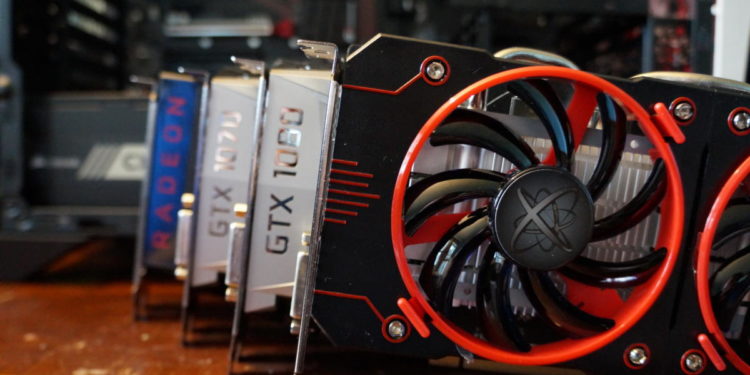If you are building a custom PC or getting a branded one, there are a lot of hardware choices that you need to make. But there is one component that may confuse a lot of users, which is a Graphics Card like these. Not everyone can decide if they need to get one or not. As a GPU is not one of the low-priced choices, one should be sure if they require it before investing a significant amount into it.
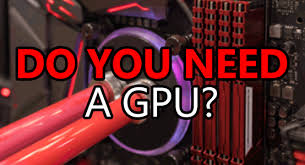
The question: do I need a graphics card for my PC? It is a double cross-question. Every computer, be it a laptop or desktop, needs a GPU of some kind. Without a GPU, you won’t be able to see any image or graphics on your screen. The actual question is not if we need a GPU, but if we need a dedicated GPU (referred to as a graphics card) or not?
Integrated and dedicated GPUs
Integrated GPU
For decades now, GPUs come integrated with the motherboards or the CPU itself. This integrated GPU is a simple one that serves well for producing an image on display. Also, they are quite a power-efficient, requiring very little power to work. Due to their standardization, no issues regarding drives and compatibility occur. They are aspired to serve the basic demands of computer users, such as reading emails, drafting documents, and browsing the Internet. If you are planning to run a game with it, think again! Because it will stutter throughout or outright fail even to load a modern game.
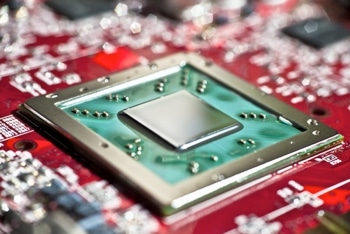
In addition to all this, the integrated GPU ration with the CPU’s resources, especially the pool of RAM. More the graphics-heavy task you make it do, like playing a 3D video game or rendering video or anything having more significant graphics needs, it will ingest a hefty chunk from your system resources.
Dedicated GPU
On the other side of the GPU spectrum, we find dedicated GPUs. As the term infers, it is a distinct hardware piece that is exclusively devoted to graphics processing.
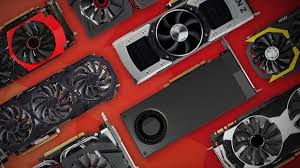
A dedicated GPU is best known for its efficient performance. It houses a sophisticated computer chip that is explicitly designed for video processing, in addition to having a dedicated RAM to serve the purpose. This RAM is better optimized to perform heavy graphics tasks than our overall system’s RAM. This power extension not only aids in better gaming experience but also makes tasks like processing images in Photoshop faster and smoother.
In addition to better performance, dedicated GPUs also offers an expansive variety of video ports than usual motherboards. It offers an HDMI port in addition to the VGA and DVI ports provided by a motherboard and even duplicates of these ports.
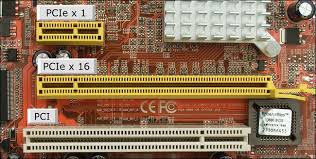
It is offering us more ports, better speed and exceptional performance, things that won’t come without paying any price. So, in terms of money, and the average GPU can range around $ 250-$ 500, and more cutting-edge models can range up to $ 1000. But just investing money into a GPU is not enough. One needs a free PCI-Express x 16 expansion slot on the motherboard, a power supply unit, and proper power connectors (since GPUs devour on power) for your GPU. The more the power draw, the more the system gets heated up. Hence, in order to keep the temperature regular, we need huge fans.
Knowing all this now, you might be able to decide a bit if you do need a dedicated GPU or not. The primary reason people need a dedicated GPU or 4k Graphics card is for gaming purposes. You don’t need a dedicated GPU just for watching videos, emails, any office suite type, or word processing, not even for playing older games because today’s integrated GPUs are much efficient.
But if you plan to play a calculation-intensive modern 3D titles in all its glory, you need a GPU. Even if you are accustomed to a lot of intense photos or video editing, any rendering, design, 3D art, photoshop tasks like transforming/warping, filter application, etc. you unquestionably need augmentation from a dedicated GPU.

One more usage of a GPU other than gaming and rendering is the support for more than one monitor. Most of the motherboards do not support adding more than one monitors, even if some do, the result is not as charming as it would be with a dedicated GPU, supporting as many video ports as the number of monitors one needs to plug-in.
Now that you are fully aware of what a GPU offers, it would be easier to decide if you need one or not.
If you do, selecting a graphics card from the wide variety there is, is indeed a quite complicated and time-consuming task. Comparing stats, going through reviews, estimating costs, etc. all would be needed to decide a particular card that is best suited for your needs.

